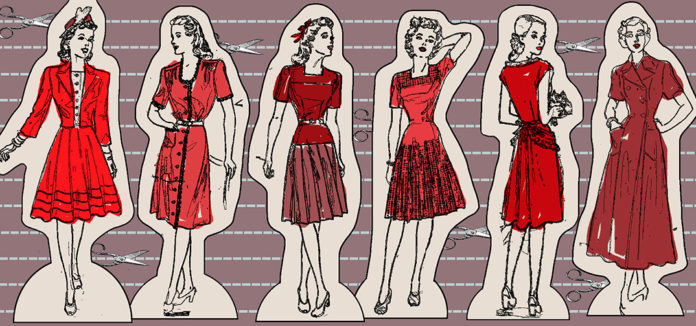It is not unusual to hear manners dismissed as artificial or outdated vestiges of a formal and stuffy past. Some argue that manners constrain self-expression and are no longer relevant in a world that celebrates the uniqueness of an uninhibited individual. Others say that manners are superficial and that respect for another person has to be earned. I couldn’t disagree more.
As Ralph Waldo Emerson stated so elegantly:
Good manners are made up of petty sacrifices. If they are superficial, so are the dewdrops which give such a depth to the morning meadow.
Manners are about respect—respect for others, respect for the environment and respect for oneself. They are about choices and a reflection of values. In my mind, this is why manners are so modern. They are essential navigation tools that enable people to exist together with civility and dignity. They govern how we relate to one another and now, perhaps more than ever, this matters. Contrary to what many believe, having good manners doesn’t require a certain upbringing or education. Modern manners are available to everyone.
Respect for others
Say thank you, give a compliment, send a condolence note, wait patiently for one’s turn, speak without profanity, be on time, send a thank you letter, acknowledge the people around you, open a door for someone, hold the elevator, help an elderly woman cross the street, offer to do an errand for a neighbor, pull out a chair for someone, allow an overwhelmed mother and her three kids to take the taxi you hailed in the rain, stand when another person enters a room, remove your hat, resist the impulse to put someone else down, respect different religions, politics and traditions, and smile… These are little things, the “petty sacrifices,” but they are always well worth it. They shape our lives and how we interact with one another.
Respect for the environment
Taking care of one’s environment is central to good manners. This applies as much to a student’s college dorm room as it does to a company’s and a country’s carbon footprint. Being mindful of our surroundings and appreciating the beauty around us, cleaning up our messes and someone else’s are ways to show our respect for the world we live in. Look up from your device and notice your surroundings. Respect your environment, not because it is the politically correct thing to do, but because it is the right thing to do.
Respect for self
Learning how to take care of oneself is essential for wellbeing and self-respect is at the core of this. Respecting one’s body through exercise, a healthy diet and sleep, respecting one’s mind through self-discipline and hard work, respecting creativity by developing one’s artistic abilities, appreciating talent in others, cultivating long-lasting relationships and friendships, and living a life that reflects one’s values, are gifts to oneself and others.
At the heart of respect for others, for the environment and for oneself, is kindness. Kindness always counts and manners keep kindness at the forefront of all interactions.
“Good manners open the closed doors; bad manners close the open doors.” – Mehmet Murat Ildan
I wish you all the best,
Dr. Samantha Boardman








